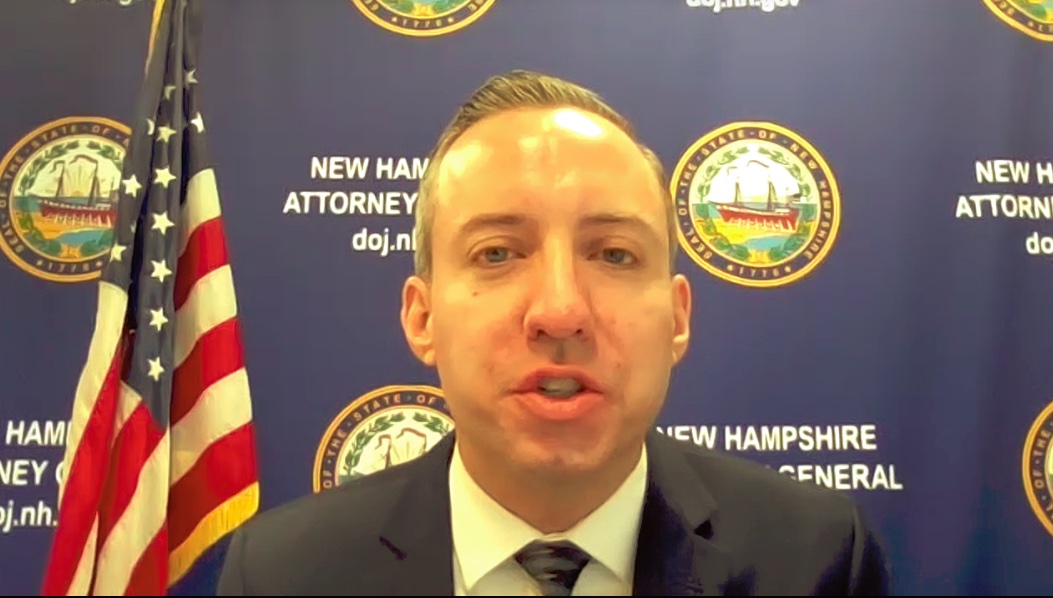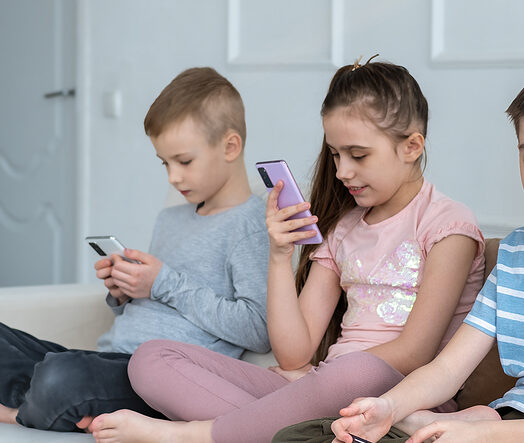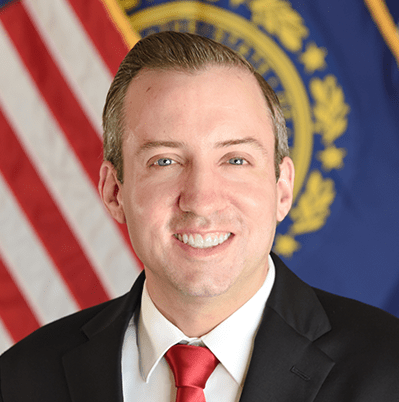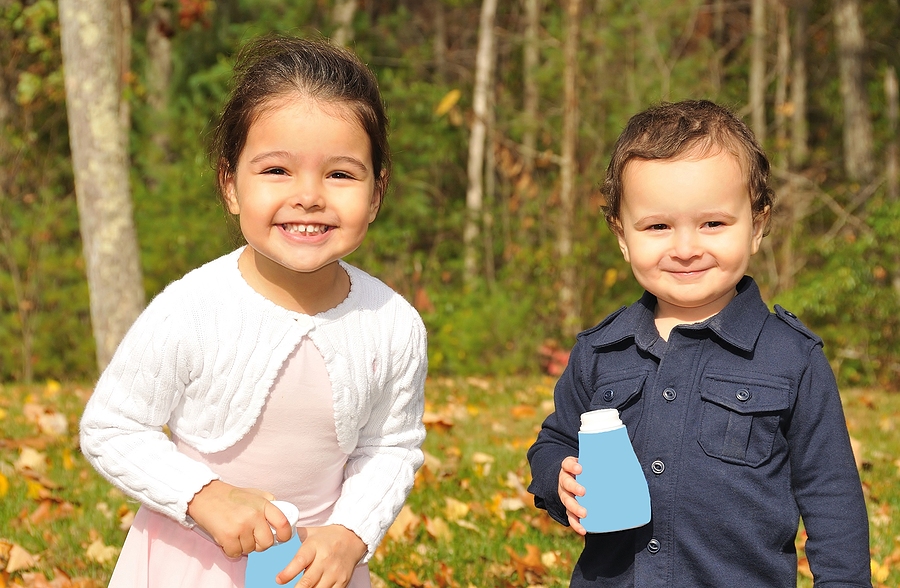Sununu Admin Targets TikTok
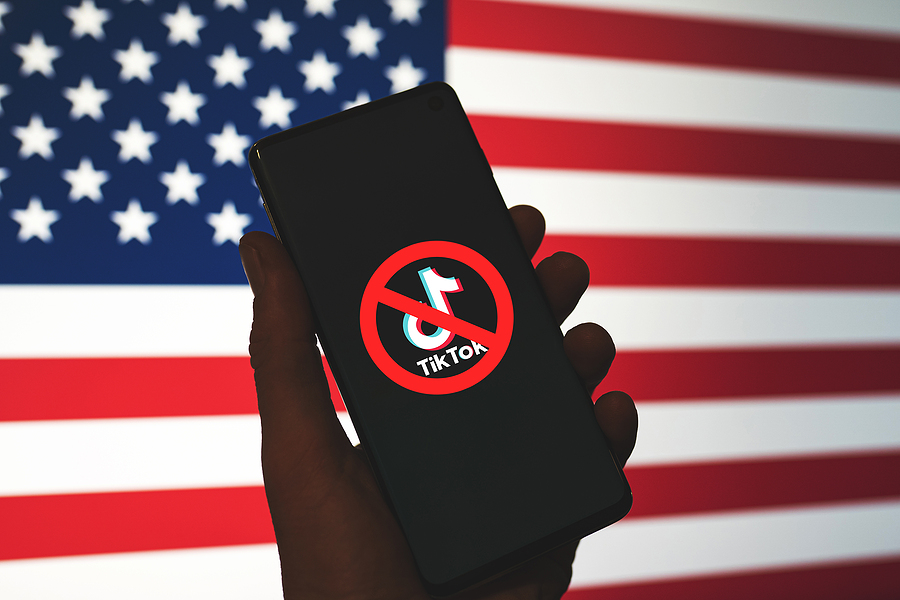
Gov. Chris Sununu likes to tout his pro-business bona fides, but they aren’t stopping him from targeting the wildly popular social media platform TikTok with a lawsuit accusing the company of putting profits ahead of children.
“Our lawsuit alleges that TikTok has shamelessly exploited young users through deceptive design features that foster addiction and endanger mental health. We contend that TikTok knowingly deceived New Hampshire families with false assurances of safety while profiting from the vulnerabilities of its youngest users,” Sununu’s Attorney General John Formella said in a statement announcing the lawsuit, filed in Merrimack Superior Court.
The suit attacks TikTok for allegedly violating the state’s consumer protection statute and other laws.
According to the lawsuit, TikTok uses addictive features to exploit young users’ naivete and ongoing brain development and maximize the time they spend on the platform in the interest of profit. TikTok’s addictive design features make it hard for children to disengage from the platform and lead to a cycle of excessive use, the lawsuit states.
The complaint alleges the company knows excessive use results in profound harm to its young users, including depression, anxiety, and isolation from friends and family. As the company deployed those features, it also lied to parents about the platform’s safety, downplaying the risks posed while touting supposed safety measures that the company knows are ineffective.
“New Hampshire puts our kids first,” Sununu said. “This lawsuit, combined with our earlier executive order investigating the harms of social media on New Hampshire’s youth is another wakeup call for parents on the dangers that social media presents to our kids.”
New Hampshire filed a similar lawsuit against Meta last year, the company behind Facebook, Instagram, and Threads. That lawsuit is currently pending.
“This action underscores our commitment to holding social media platforms accountable for their harmful actions to youth. We will vigorously pursue this case to ensure that TikTok is held responsible and that meaningful changes are made to protect our children’s well-being. This lawsuit is just the latest step in our ongoing efforts to ensure that platforms like TikTok operate responsibly and transparently in our state,” Formella said.
The lawsuit contends TikTok knew it was deploying potentially harmful features on its platform, gathering data on children under 13, exploiting them for money, and even exposing them to online predators.
“New Hampshire’s children are spending increasingly alarming amounts of time on screens. In 2021, over 37 percent of New Hampshire high schoolers reported 5 hours or more of screen time on an average school day. The U.S. Surgeon General has warned that unchecked use of applications like TikTok has ‘a profound risk of harm to the mental health and well-being of children and adolescents,’” the lawsuit states.
As more of their hours are taken by TikTok, New Hampshire children are being exposed to child sex abuse images and videos, content that promotes self harm, extreme violent content, and even online social interactions with pedophiles, according to the lawsuit. All this despite assurance the company is doing everything it can to keep kids safe.
“TikTok has long been a haven to incredibly disturbing, gruesome videos, including beheadings, mass shootings, and videos of both suicide and eating disorders. TikTok also knows sexual predators use the App to solicit nude photographs and other photographs from/of children,” the lawsuit states.
Formella wants the Court to enter an injunction requiring substantive changes in how the company operates. He’s also seeking penalties and other monetary relief to address the harms that these practices have caused.
The attorney general’s investigation of other social media platforms for related practices continues.
TikTok, the controversial social media giant is making billions by trapping New Hampshire kids in a psychologically harmful and potentially dangerous web of endless scrolling, according to the lawsuit filed Tuesday by New Hampshire Attorney General John Formella.

